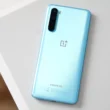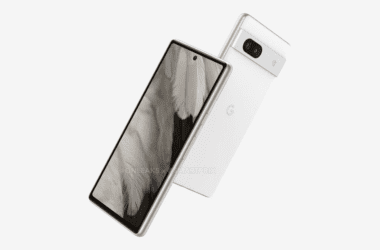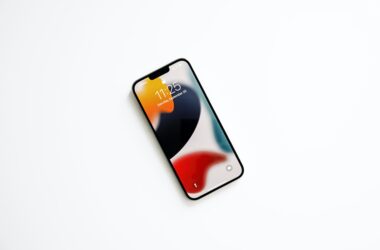SwiftKey was first made available for use on iPhones in 2014, concurrently with the introduction of iOS 8 and its support for keyboards developed by third-party companies. Before that, the popular keyboard had only been available for Android, providing users with a robust alternative to the options provided by first-party developers. After all, SwiftKey provides a variety of themes, a glide-to-type input method, a reliable performance, and a great deal more.
In the end, Microsoft decided to acquire SwiftKey in 2016, at which point they continued to work on it for both iOS and Android. This continued until the company posted that it would be discontinuing the product on iOS and took it offline a few weeks ago from the online store. Now Microsoft has added back SwiftKey on the Apple App Store and pledged to invest a significant amount of money in the development of the software.
SwiftKey has been brought back to the iOS platform “in response to overwhelming user demand,” and the business is “investing heavily in the keyboard.” Users who had previously deleted the application or who are interested in trying it for the first time can now go to the App Store and get SwiftKey through its initial listing for free. This is available to users regardless of whether they previously deleted the application or not. The change log of the App Store indicates that the most recent update was released in the month of August. This indicates that Microsoft has not made any modifications to the app since it was revived.
Given Microsoft’s commitment to making significant investments in this product, it is reasonable to anticipate that the keyboard will receive significant enhancements in the not too distant future. Before it was delisted, numerous users had voiced their dissatisfaction with SwiftKey’s instability and the presence of bugs in the software. We can only keep our fingers crossed that Microsoft will address them as soon as possible.








